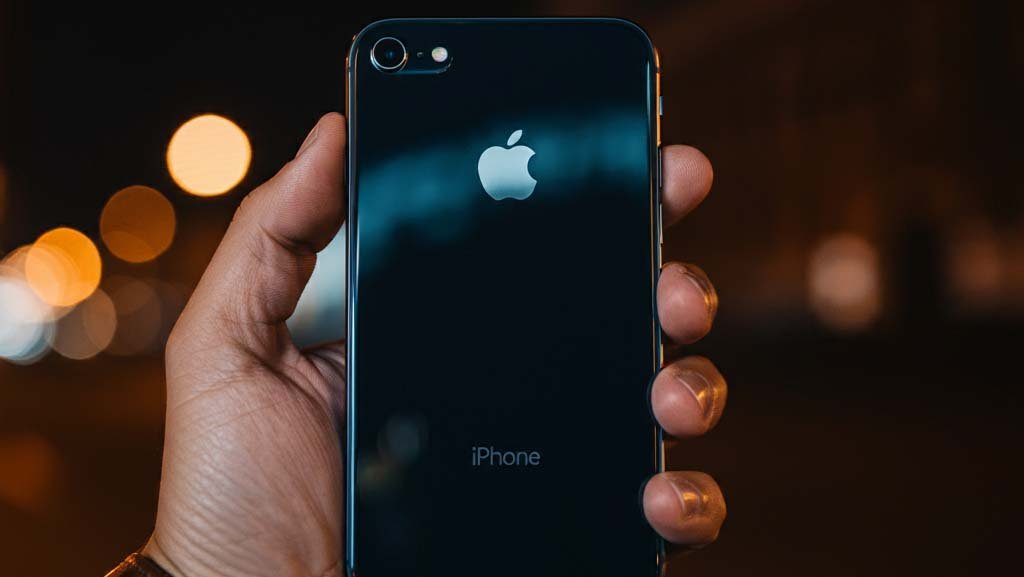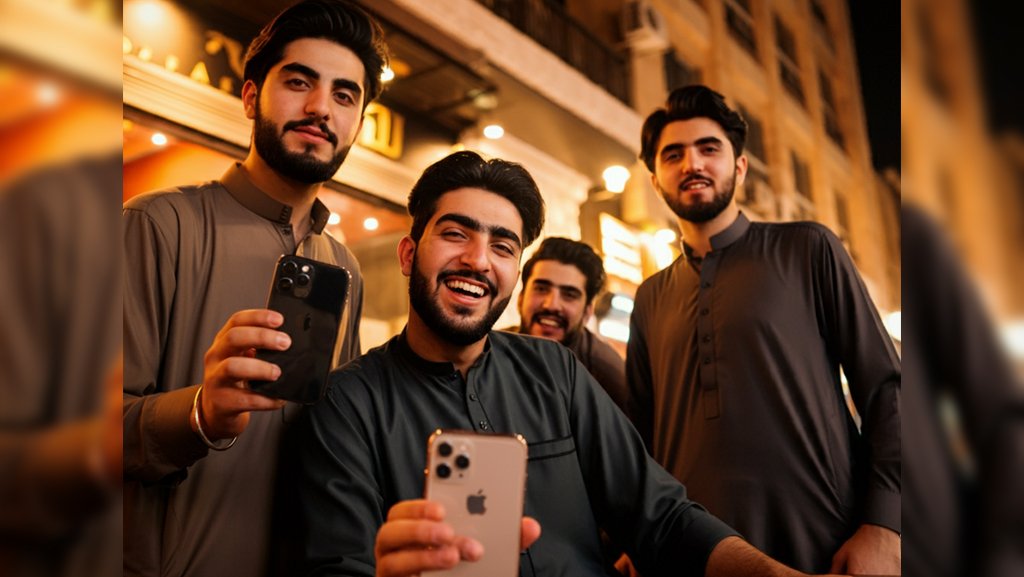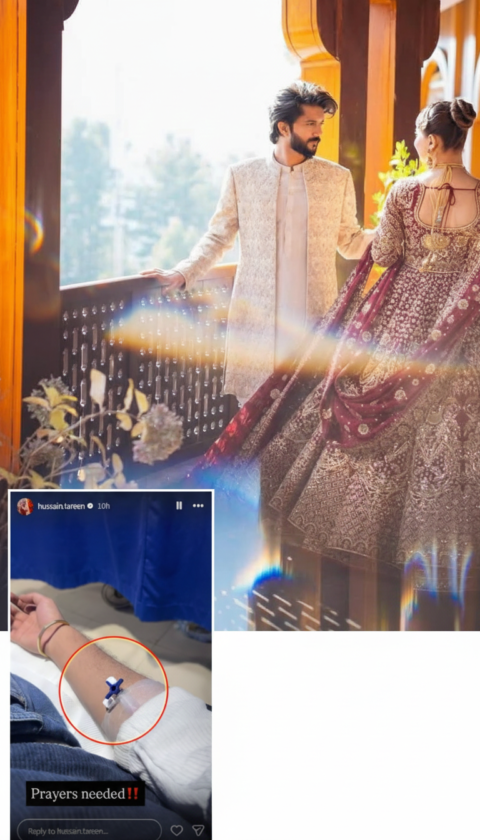In Pakistan, the allure of luxury smartphones, particularly the iPhone, has become a significant cultural phenomenon. While the government has implemented the Pakistan Telecommunication Authority (PTA) registration requirement for mobile phones, many citizens opt for non-PTA iPhones, not just for the device’s functionality but as a status symbol. This trend reflects deeper social dynamics within Pakistani society, where material possessions often signify wealth and success. The PTA registration mandates that all mobile phones used in Pakistan must be registered with the authority to ensure compliance with local regulations. However, the allure of an iPhone—a device synonymous with prestige—drives many to bypass this rule. Non-PTA iPhones are often imported through unofficial channels, making them more accessible for affluent individuals eager to showcase their wealth. The possession of such devices has become a way to project a luxurious lifestyle, serving as a visible marker of socioeconomic status.l, which would be extraordinary for the field of biology.We don’t want tradition. We want to livein the present and the only history that is worth a tinker’s dam is the history we make today.
For many, owning a non-PTA iPhone is more than just about communication; it’s about identity. Social media plays a pivotal role in this phenomenon, with platforms like Instagram and Facebook serving as arenas for showcasing luxury. Users frequently post pictures flaunting their latest gadgets, which fuels a competitive culture where individuals feel pressured to keep up with their peers. In a society where status and image are paramount, a non-PTA iPhone can be seen as a badge of honor. Moreover, the pricing of these non-PTA devices, often significantly higher than their PTA-registered counterparts, only adds to their exclusivity. This premium reinforces the idea that wealth can be displayed through such purchases. Families often go to great lengths, including taking loans or saving over time, to acquire these phones, highlighting the societal pressure to conform to these standards of success.

However, this trend raises questions about consumerism and the values it reflects. While some celebrate the freedom to choose luxury items, others criticize the obsession with status symbols that may overshadow essential needs. The fixation on non-PTA iPhones often leads to a neglect of other, more meaningful pursuits and fosters a culture of superficiality. In conclusion, the choice to buy non-PTA iPhones in Pakistan illustrates a complex interplay of social pressures, identity, and economic disparity. As the desire for luxury continues to grow, it is crucial for society to reflect on the implications of such consumer behaviors, fostering a culture that values substance over mere appearances.











